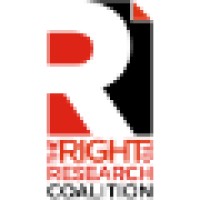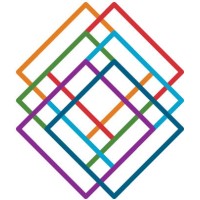
The Right to Research Coalition
Founded by students in the summer of 2009, the Right to Research Coalition is an international alliance of 31 undergraduate and graduate student organizations, representing nearly 7 million students, that promotes a more open scholarly publishing system. The Right to Research Coalition believes that no student should be denied access to the scholarly articles they need, because they or their institution cannot afford access. The coalition works to educate the next generation of scholars and researchers about Open Access and to advocate for policies at the campus, national, and international levels that expand access to the results of research.






